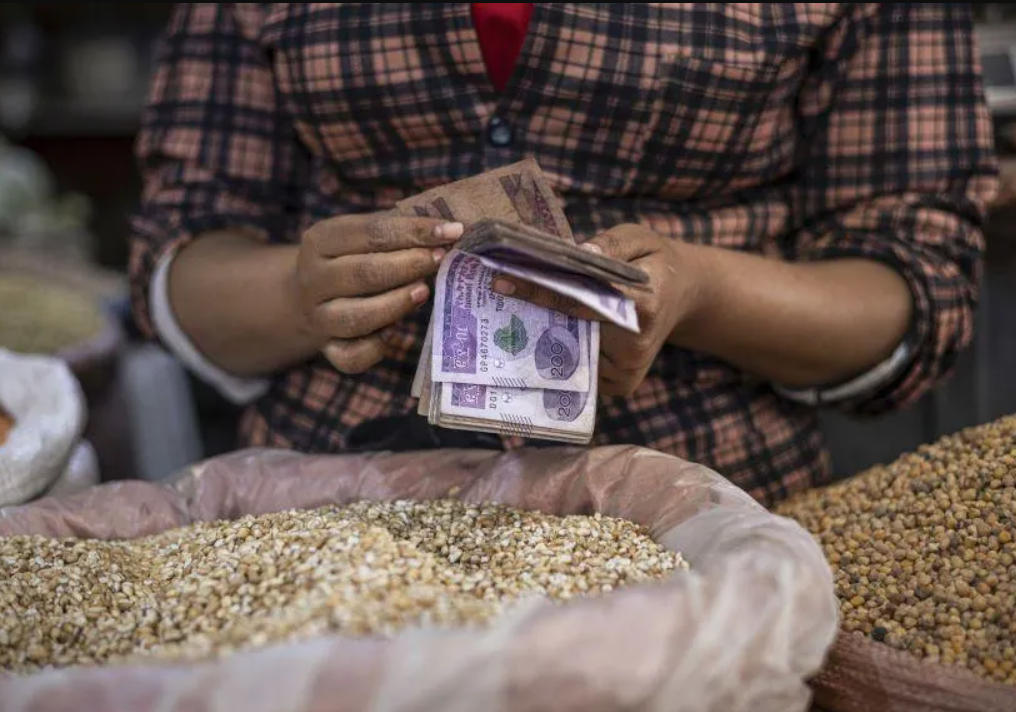The Devaluation of Ethiopia’s Currency: What It Means and What the Future Holds
Much attention has been drawn to the 30% devaluation of the birr, the currency of Ethiopia, against the dollar. The Commercial Bank of Ethiopia, one of the biggest financial institutions in Ethiopia, affirmed the decision by the Ethiopian government to lift its long-standing currency limitations, which has caused this economic upheaval.
Shift in Policy and Foreign Financing
A radical break from its prior policy of setting the exchange rate, the government has decided to let market forces determine the value of the birr. This shift in policy is a component of a larger plan to attract a massive $10.7 billion loan from the World Bank and the International Monetary Fund. The goal of the loan is to help stabilize the Ethiopian economy, which has been struggling with significant shortages of foreign currency, especially in the past several years.
People Worried About Inflation
A lot of Ethiopians are worried about this news, even if it could be good for them. People are concerned that the devaluation will make already high inflation even worse by driving up the cost of living. In light of the country’s current economic woes—including the consequences of a terrible two-year civil war in the northern Tigray province, which ended in 2022, and other regions’ continuing conflicts—this worry is particularly relevant. The economy is already feeling the pinch from these factors, which have made foreign investment even more difficult to come by.
Valuing Currencies Based on Market Value
The new strategy states that market forces will decide the value of the Ethiopian birr. The change occurred as the government and the IMF were close to the end of their negotiating process. Many economic reforms, including currency floating, have been proposed by the International Monetary Fund (IMF) as bailout requirements, according to analysts. The discussions also cover the reorganization of Ethiopia’s massive foreign debt, which amounts to almost $28 billion.
Statement from the Central Bank and Policy Implementation
The head of the central bank, Mamo Mehretu, announced the immediate adoption of a competitive, market-based foreign exchange regime in a statement released on Monday morning. This is the first major change in policy in fifty years, and it is rather significant. Instead of using predetermined rates, commercial banks can now purchase and sell foreign currencies at values determined by negotiation.
Background and Preventative Steps
Food and other necessities, especially those imported from different countries, have historically seen steep price hikes in response to comparable birr devaluations. The Ethiopian government has promised to subsidize necessities like gasoline in order to lessen the blow that this change could deal. To further mitigate the impact of inflation and market volatility, low-income workers will also receive additional assistance.
Currency shortages and parallel markets
Prior to the devaluation, the dollar was trading at over twice the official rate in a thriving parallel market, which was a major factor in the decision to change policies. Due to persistent shortages of foreign currency, importers frequently turned to this black market to acquire dollars, driving up prices that the market had partially absorbed.
Looking Ahead and the State of the Economy
The government’s actions are intended to stabilize the economy and the currency, but there are worries that the birr’s value would fall much farther than the previous parallel market rate. A number of things will need to fall into place for these endeavors to be a success, such as how well the recently established market-based foreign exchange regime works and how much international financial aid we receive from the World Bank and the International Monetary Fund.
In summary
In a daring step towards economic reform, Ethiopia has decided to deflate its currency and switch to an exchange rate system based on the market. The government must handle the transition with caution so that inflation and the cost of living for citizens are not worsened, even while it seeks to resolve persistent shortages of foreign currency and get financial backing from abroad. What happens to Ethiopia’s economy in the long run as a result of this policy change depends on what happens in the next months.


















